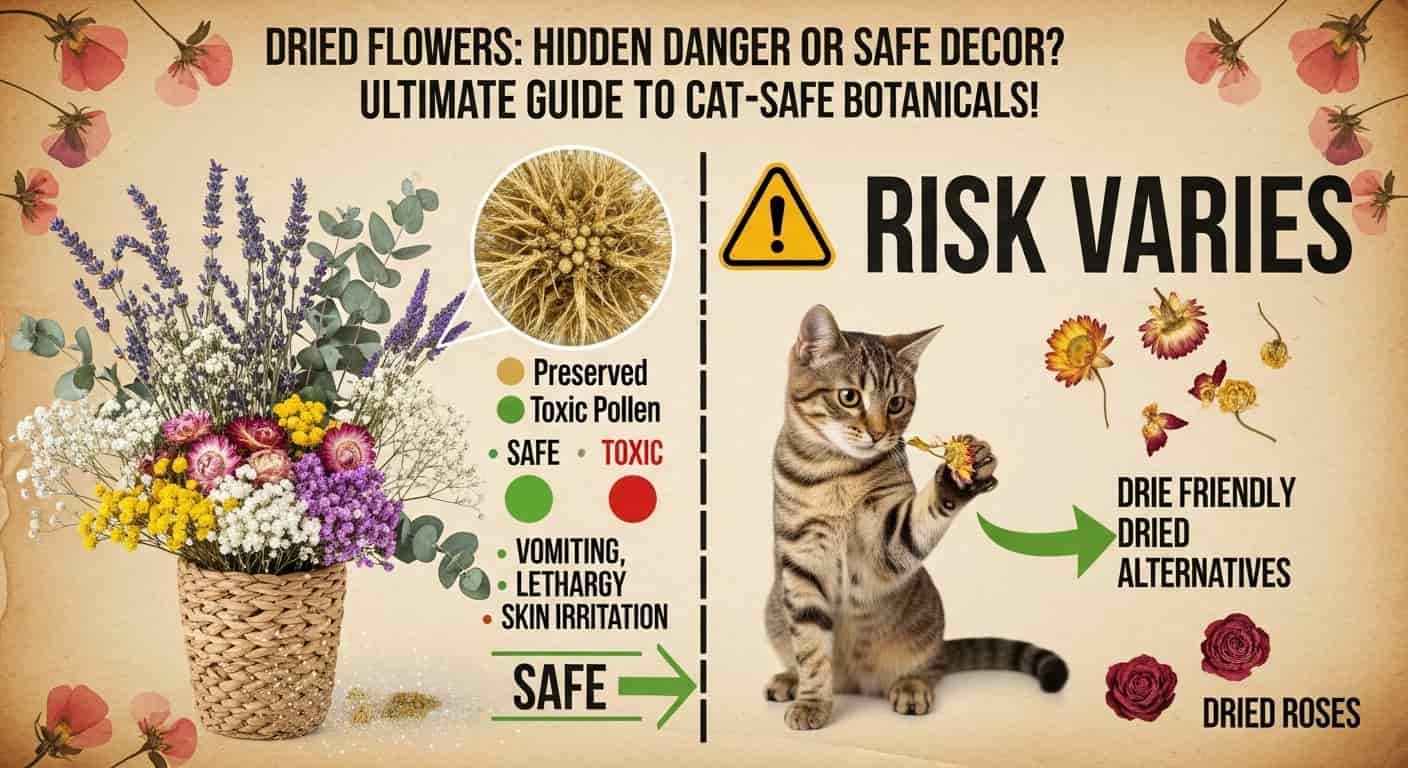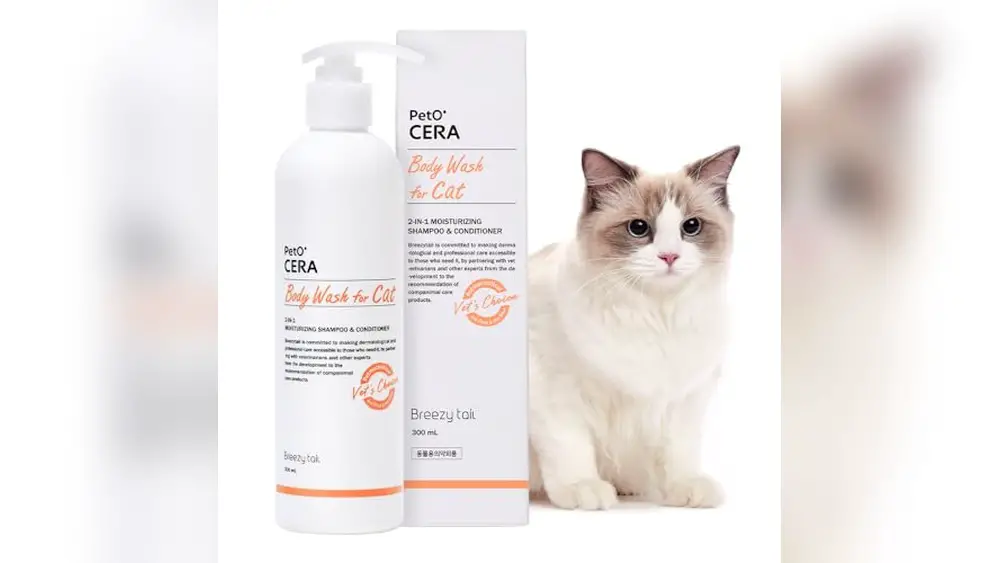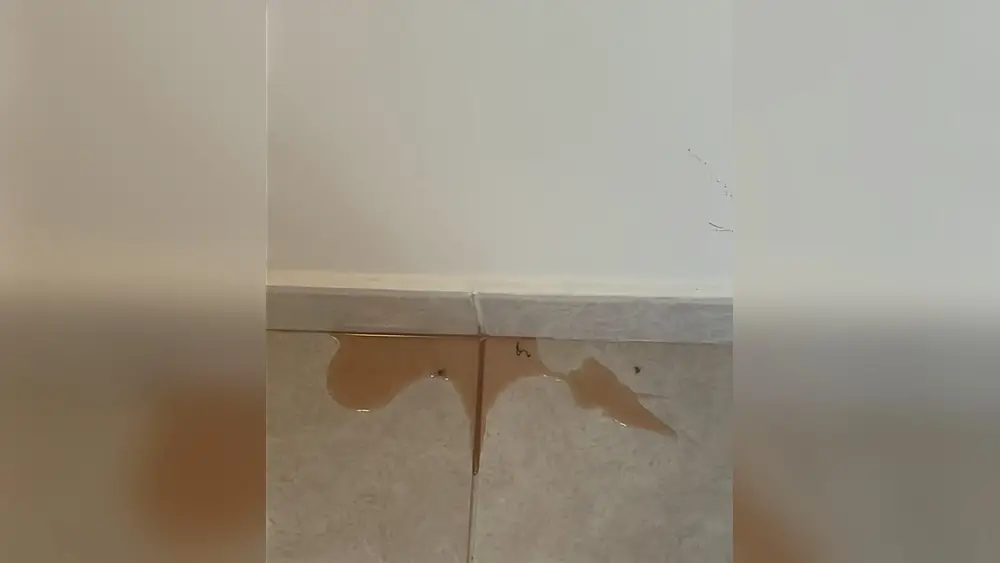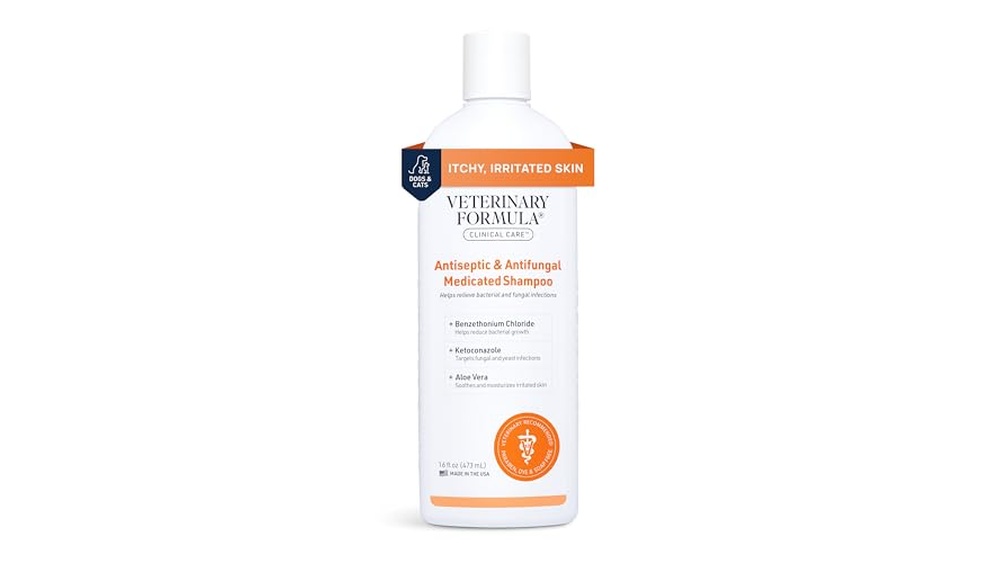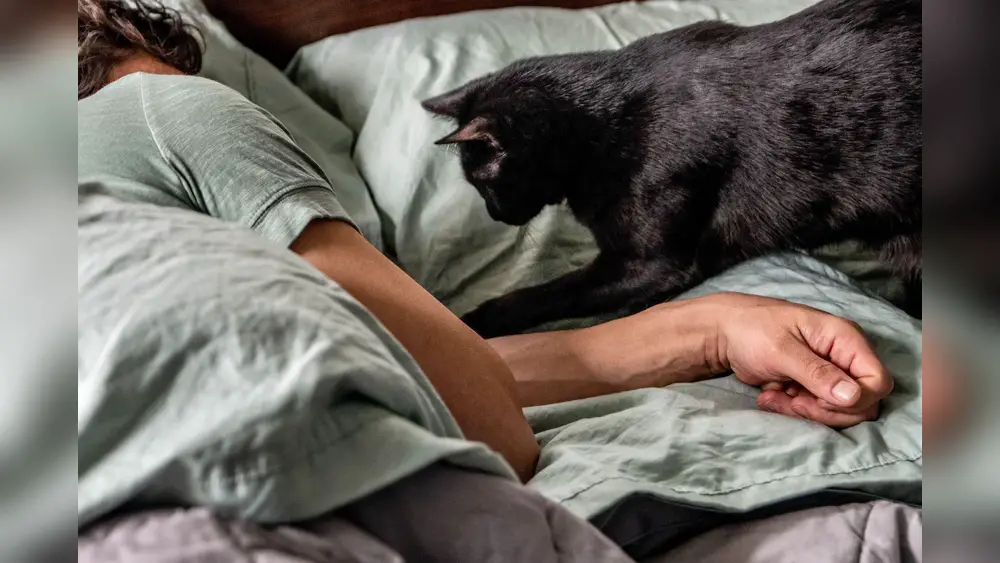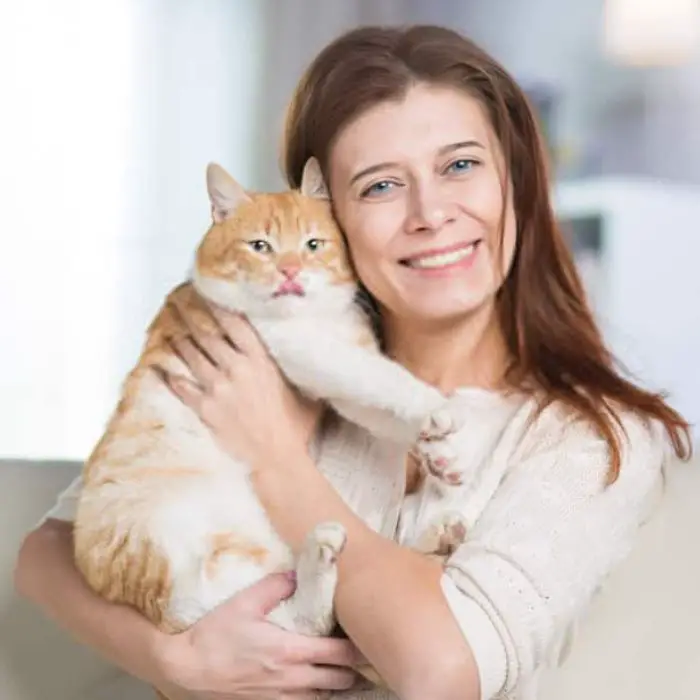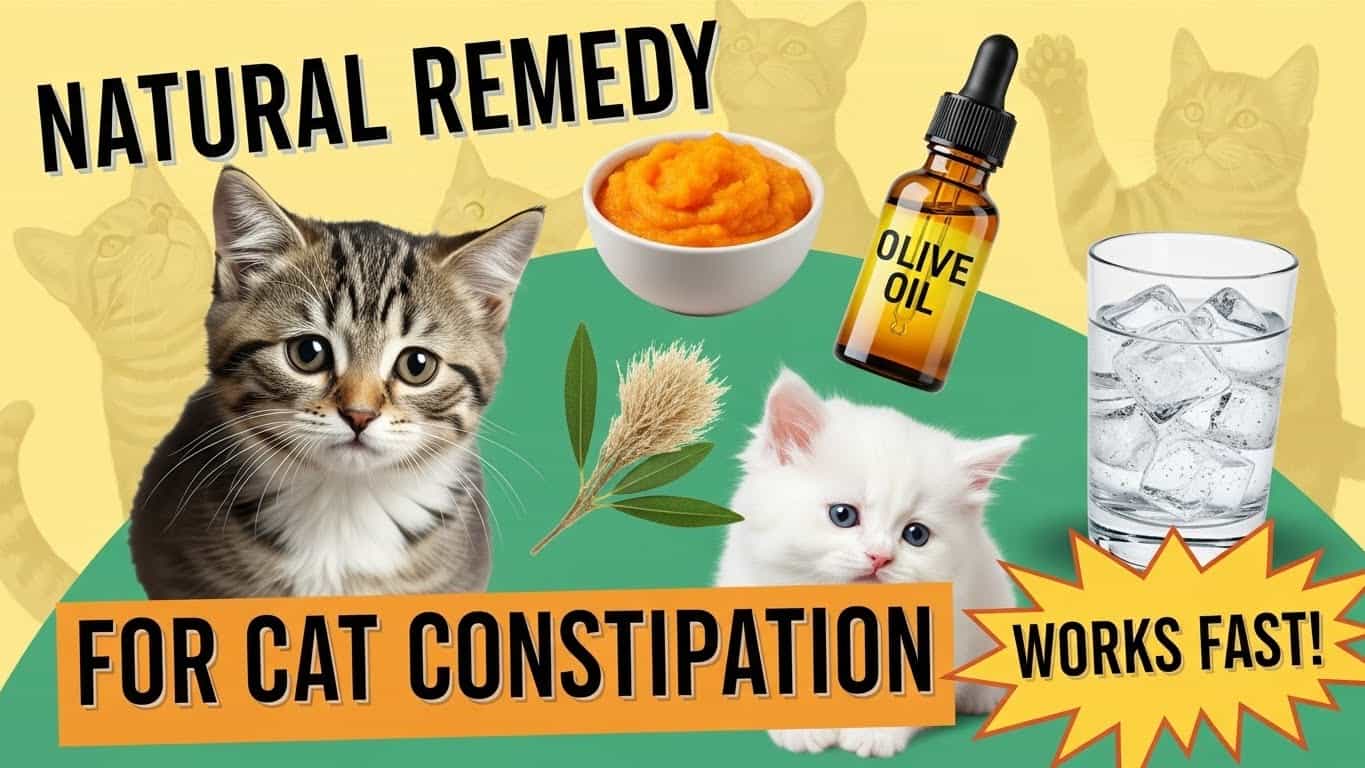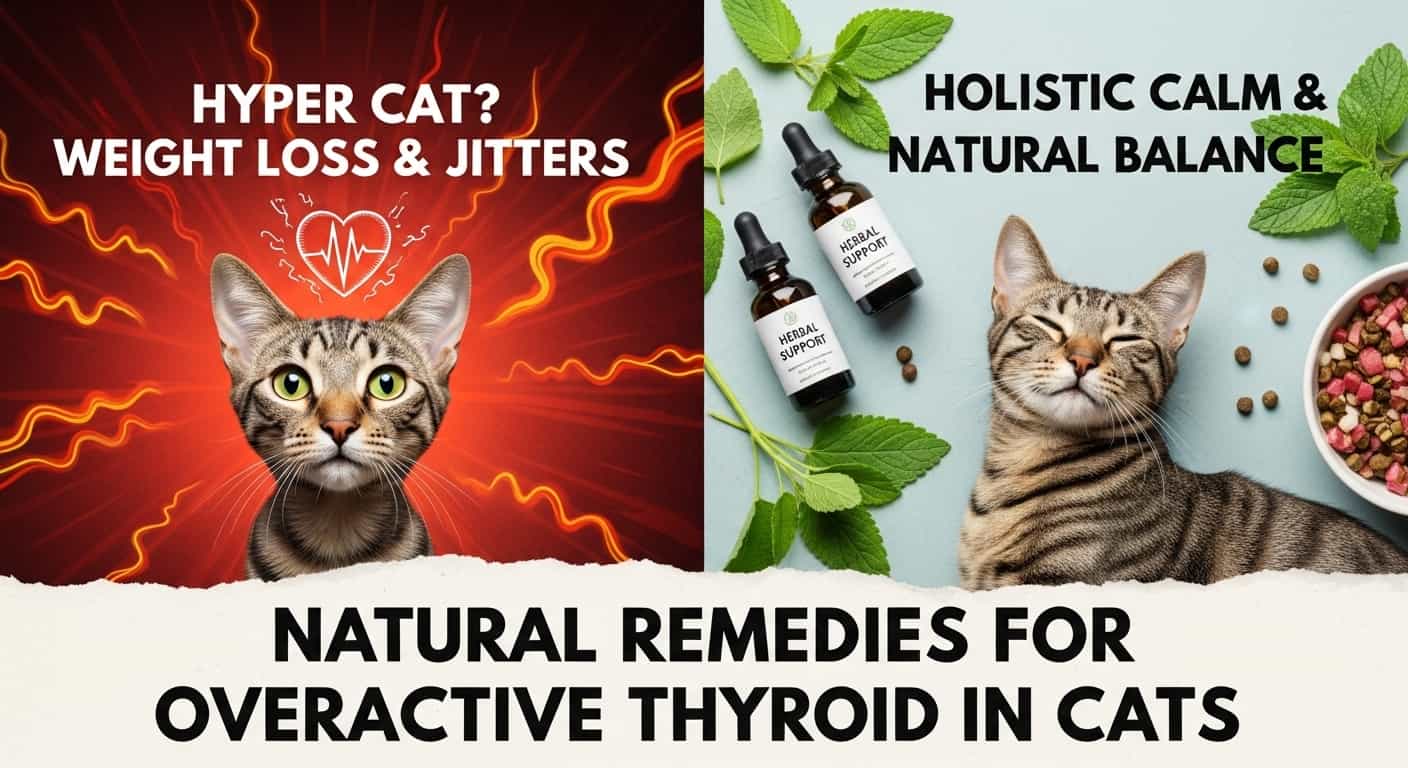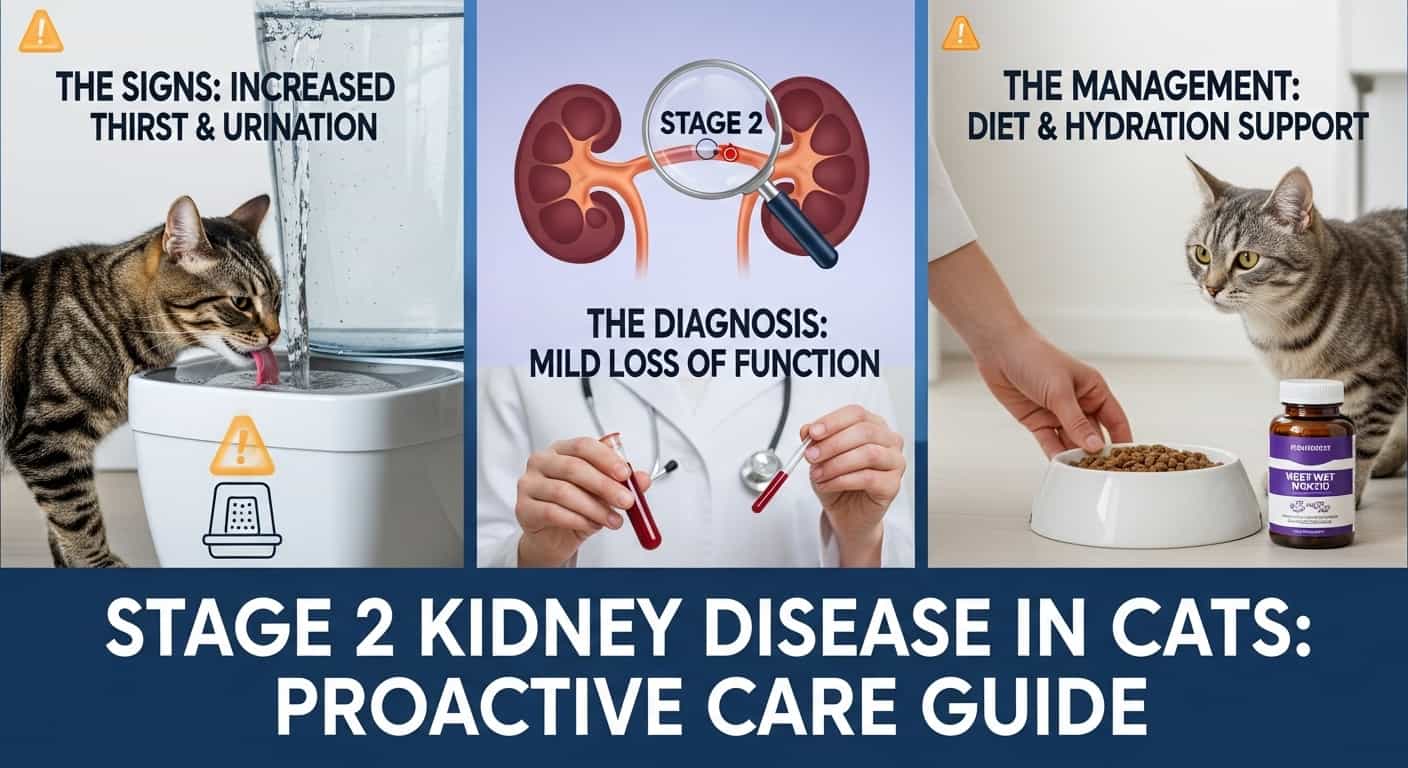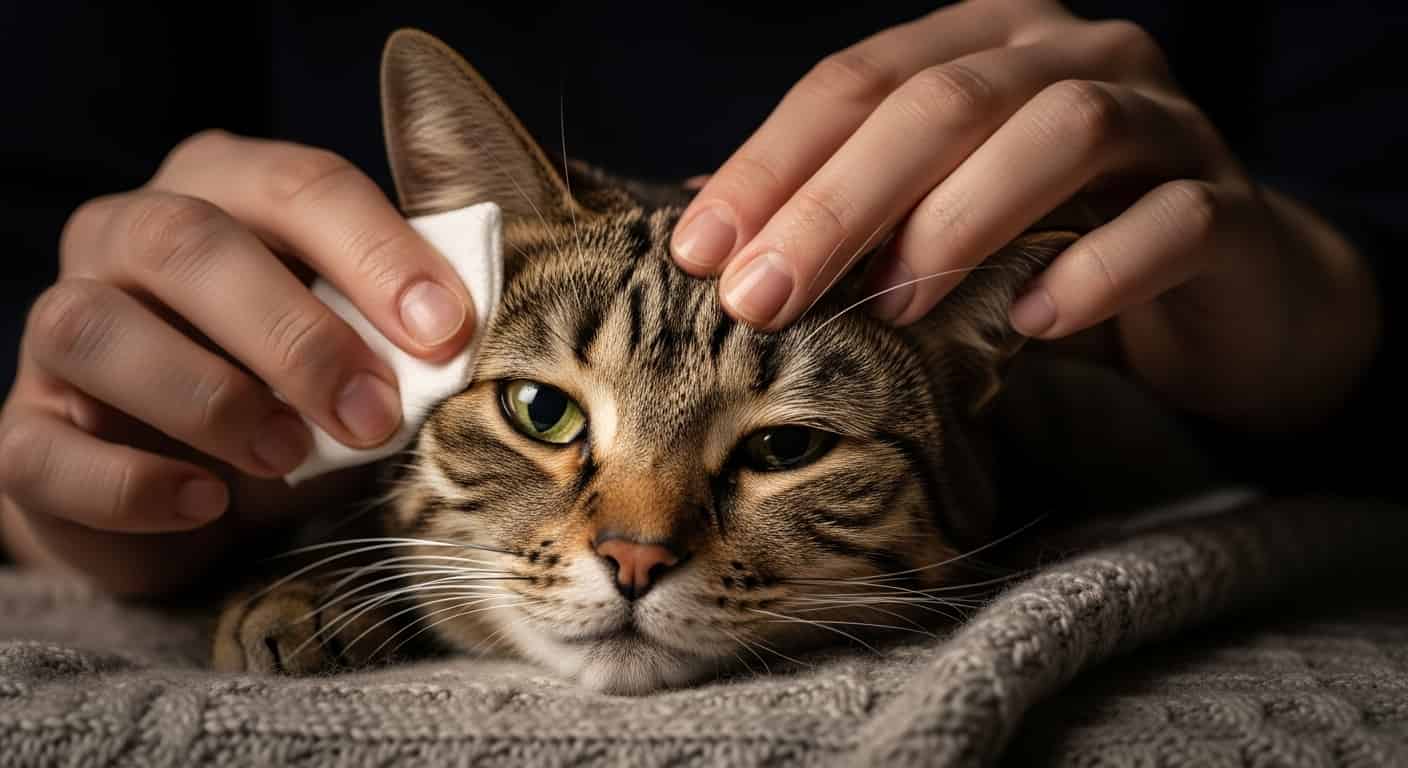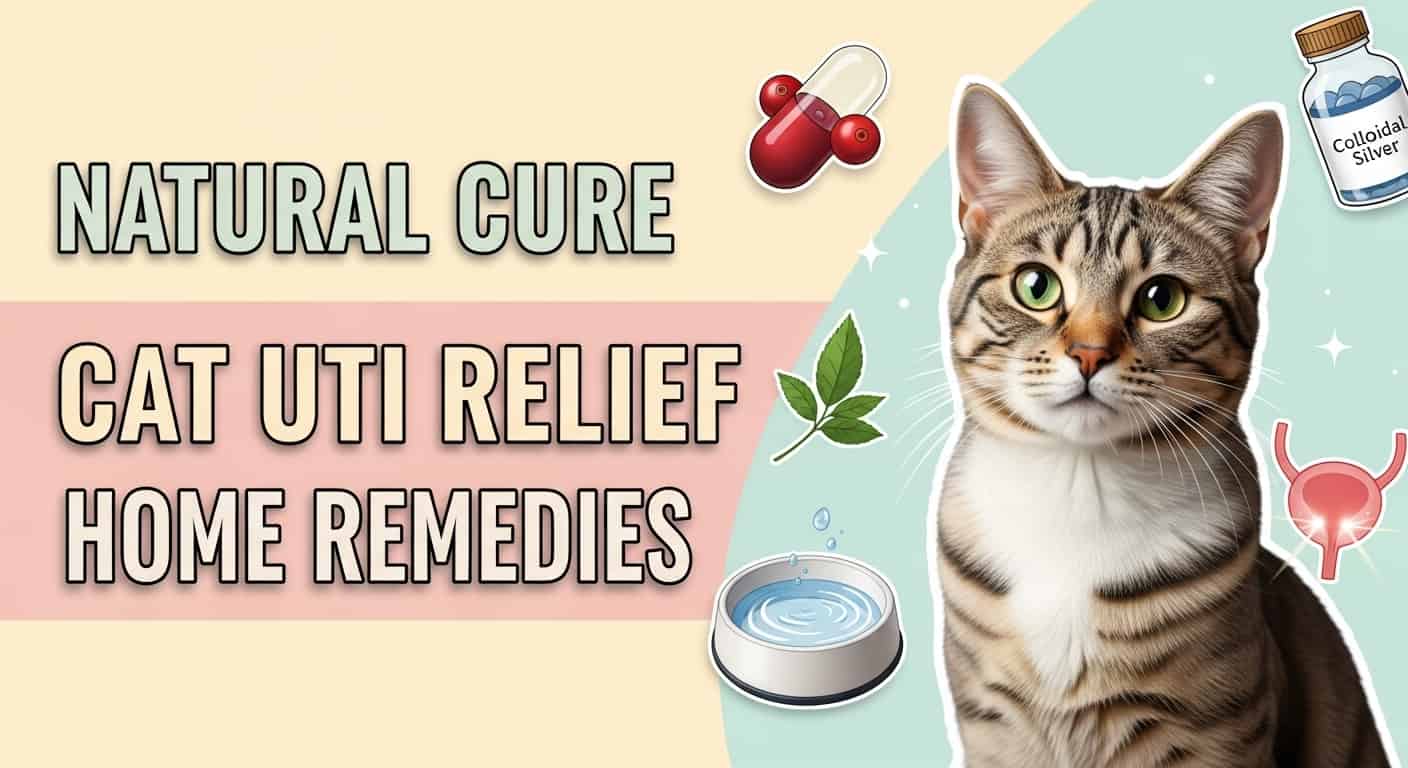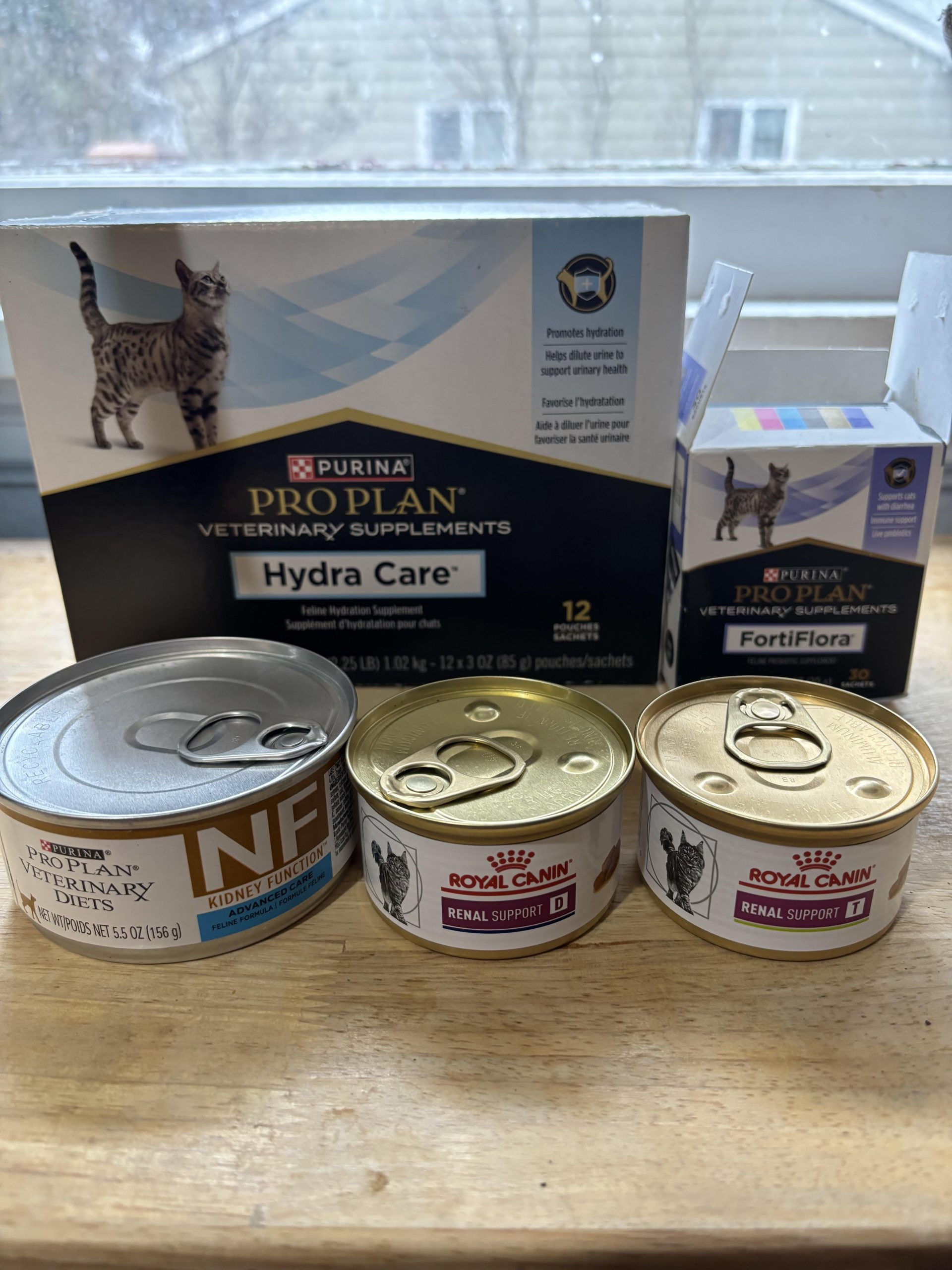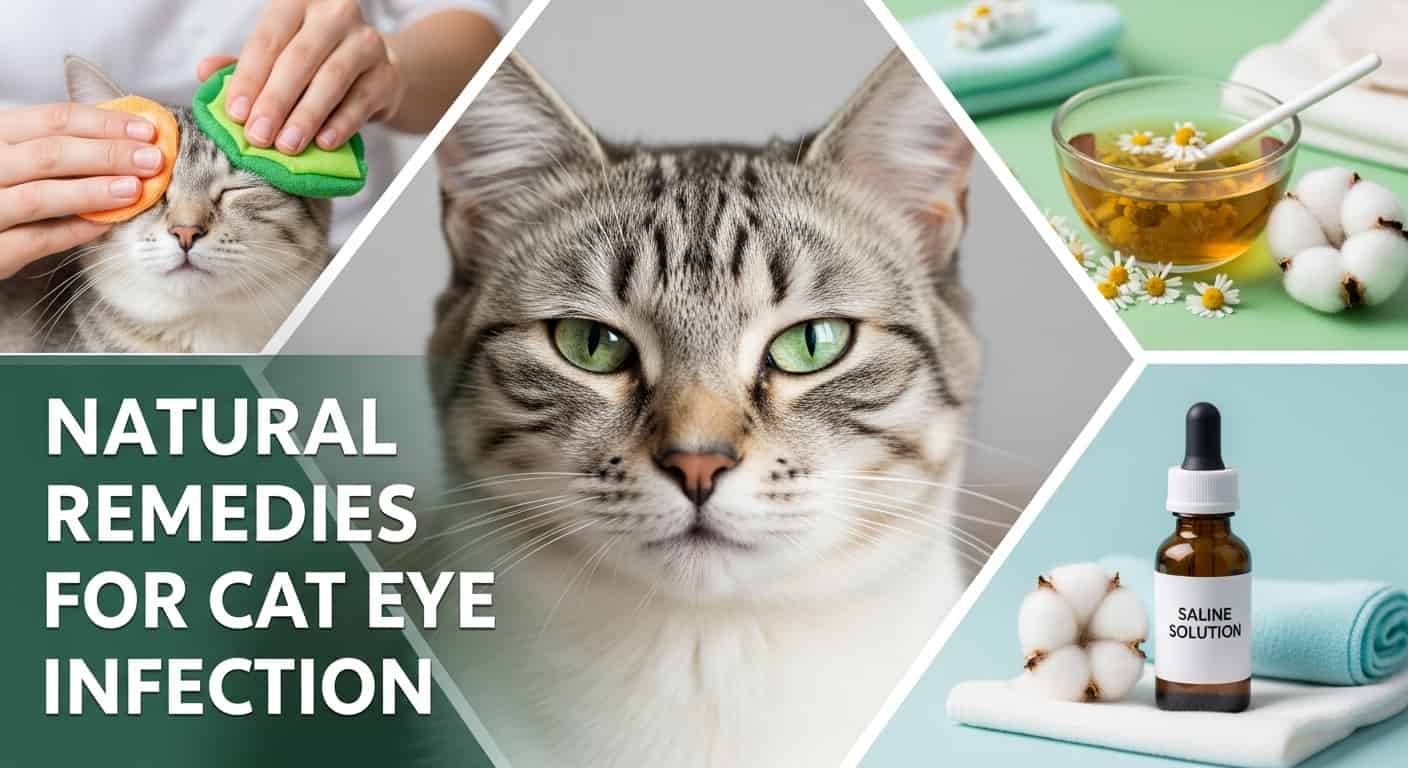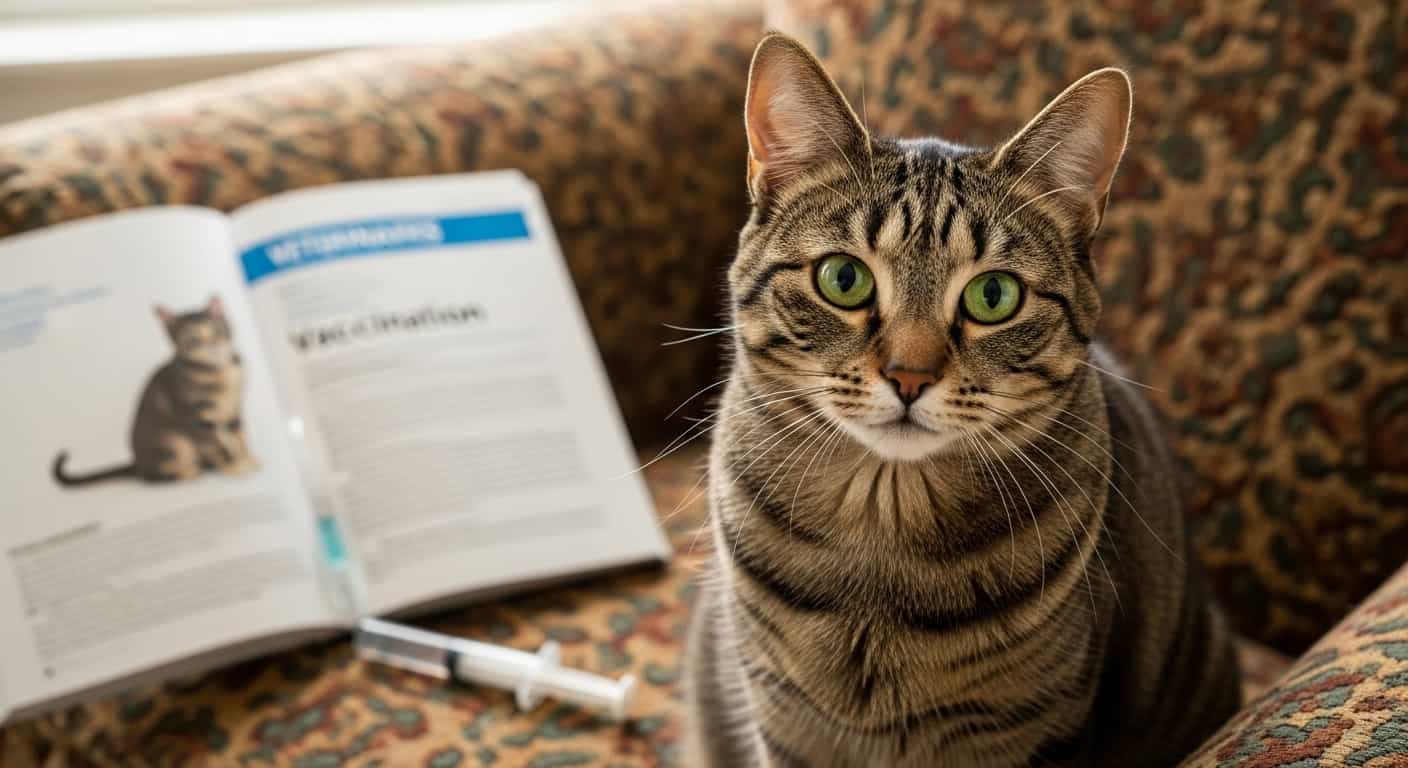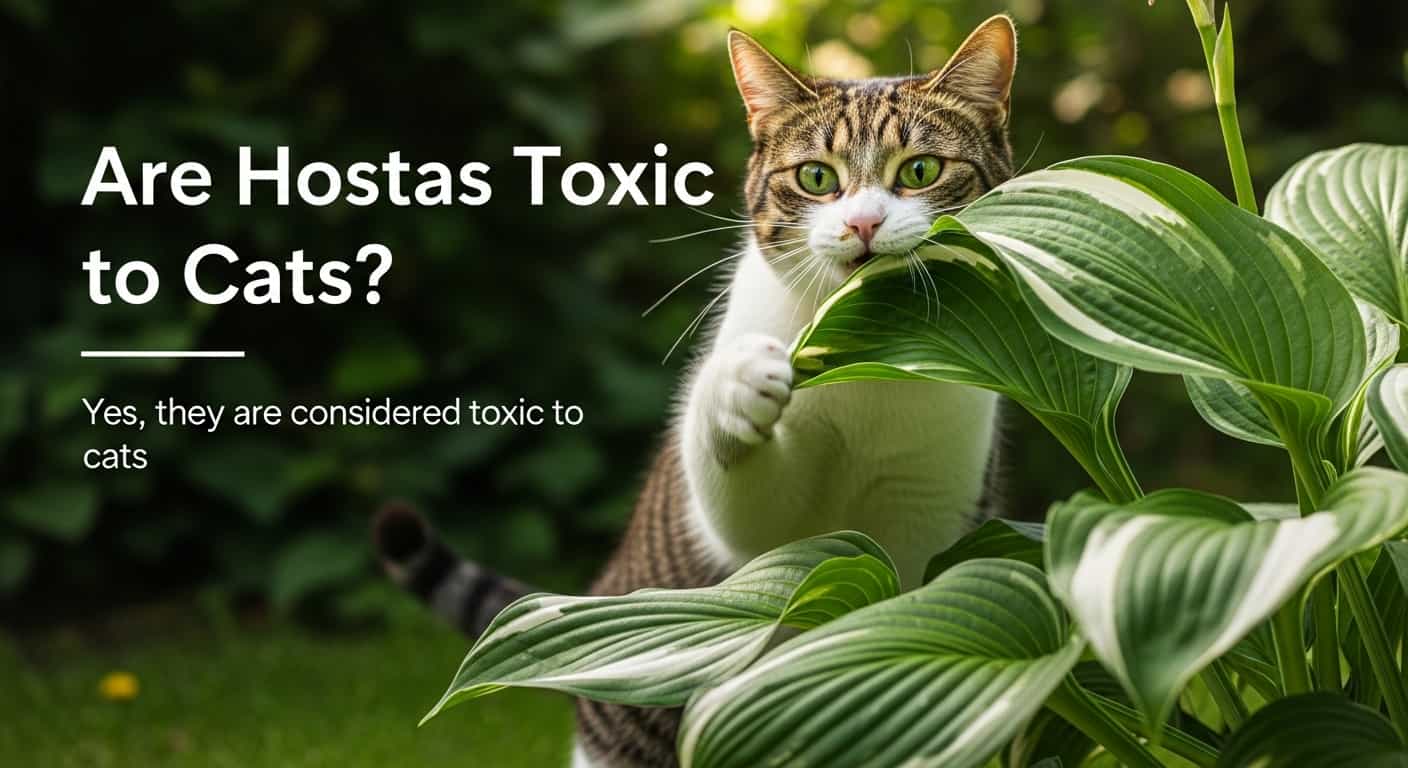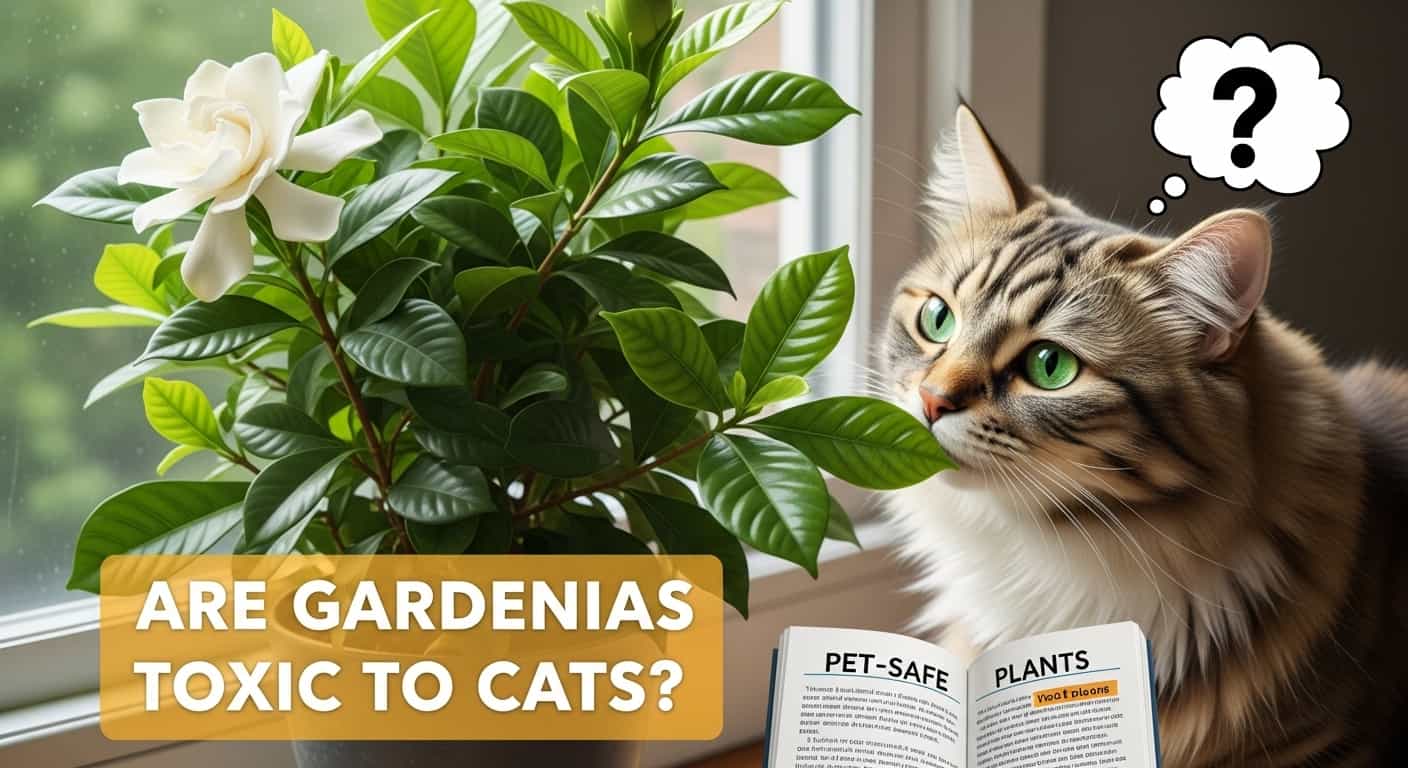Imagine you’ve just added a beautiful arrangement of dried flowers to your home. They bring a touch of elegance and charm, creating a cozy atmosphere.
Table of Contents
ToggleBut as a cat owner, a question pops into your mind: Are dried flowers toxic to your feline friend? This concern is not uncommon. Your curiosity is perfectly natural, especially when it comes to the well-being of your beloved pet.
You deserve peace of mind, knowing that your home is both stylish and safe for your furry companion. We’ll uncover the truth about dried flowers and their potential risks to your cat. You’ll gain insights into which types of dried flowers might pose a threat and how you can protect your curious kitty. Stay with us to ensure your home remains a safe haven for your pet without sacrificing its aesthetic appeal.
Common Dried Flowers
Many dried flowers are safe for cats, but some can be toxic. Lavender, eucalyptus, and certain lilies may harm cats. Always check which flowers are safe before displaying them around pets.
Incorporating dried flowers into your home decor can add a touch of elegance and nostalgia. However, if you have a feline friend, it’s crucial to know which dried flowers might be harmful. While they may look beautiful, some can be toxic to cats, posing a risk if your curious kitty decides to nibble on them. Understanding which common dried flowers are safe and which are not can save you from an unexpected trip to the vet.Popular Choices For Home Decor
Many people love using dried flowers for decorating because they’re long-lasting and often easier to maintain than fresh flowers. Lavender, for instance, is popular for its calming scent and rustic appearance. However, did you know lavender can be harmful to cats if ingested? Roses are another favorite. They are generally safe, but watch out for any preserved with chemicals. If you’re a fan of eucalyptus, be cautious, as it’s toxic to cats. Your cat’s safety is just as important as your decor style.Here's a related post that you might find useful. Are Polka Dot Plants Toxic to Cats: Essential Safety Guide
Availability In Markets
Dried flowers are readily available in local markets and online. You can find them in various forms, from bouquets to wreaths. Always check the label or ask the seller about any preservatives used. Some stores offer cat-safe options specifically labeled as non-toxic. It’s a good idea to do a little research before buying. This ensures that your home remains a safe haven for your furry companion. Have you ever wondered if your decor could impact your pet’s health? Taking a moment to consider this can prevent potential hazards. Always prioritize your cat’s well-being when choosing dried flowers for your home.
Credit: www.thedrydecor.co.uk
Potential Risks To Cats
Cats are curious creatures. They explore their surroundings constantly. This curiosity can lead them into trouble. Dried flowers may pose risks. Some are toxic to cats. Understanding these risks is essential for pet owners.
Toxic Components In Dried Flowers
Many dried flowers contain harmful substances. These can be dangerous to cats. Alkaloids, glycosides, and oxalates are common toxins. These compounds can affect a cat’s health. Even small amounts can be harmful.
Some dried flowers contain pesticides. These chemicals are used during cultivation. They remain even after drying. Cats are sensitive to these toxins. They can cause serious health problems.
Symptoms Of Flower Toxicity
Cats may show various symptoms. Vomiting is a common sign. Diarrhea can occur too. Some cats may appear lethargic. They may lose their appetite. Difficulty breathing is a serious symptom. Seizures are rare but possible.
Watch for unusual behavior in your cat. Excessive drooling can indicate toxicity. Rapid heart rate is another sign. Seek immediate help if symptoms appear. Early treatment can save your cat’s life.
Safe Dried Flowers
Cats may be harmed by certain dried flowers. Some contain toxins that can be dangerous if ingested. Always check if your dried flowers are safe for your feline friend.
Safe dried flowers can brighten up your space. They offer a natural touch without the worry of harming your pets. Cats are curious creatures, and ensuring their safety is crucial. Many dried flowers are non-toxic, making them a great choice for homes with cats. Let’s explore some safe options and their benefits.Here's a related post that you might find useful. Natural Remedy for Constipation in Cats: Effective & Safe Solutions
Non-toxic Options
Lavender is a safe choice. It has a calming scent. Roses are another option. They’re beautiful and safe for cats. Marigold can also be dried and displayed. Its vibrant color adds warmth. Chamomile is gentle and safe. It brings a soft touch to any room. These flowers can be displayed without risking your cat’s health.Benefits For Home And Pets
Dried flowers last longer than fresh ones. They are low-maintenance. No watering needed. This makes them ideal for busy homes. They add natural beauty without hassle. Dried flowers can enhance air quality. Some can reduce stress and anxiety. Their scents can calm both humans and pets. Safe dried flowers offer beauty and peace. Perfect for a pet-friendly home.
Credit: bouqs.com
Preventive Measures
Dried flowers can pose risks to cats. Some varieties contain toxins harmful to feline health. Always research flower types before use to ensure safety. Keep dried arrangements out of reach to prevent accidental ingestion and potential health issues. Regularly monitor your cat’s behavior for any signs of distress or poisoning.
Preventive measures are crucial when it comes to keeping your feline friends safe from the potential dangers of dried flowers. Cats are naturally curious creatures, and it’s not uncommon for them to nibble on things they shouldn’t. Understanding how to protect your pet can help prevent any unfortunate incidents. Taking simple steps to cat-proof your home and considering alternative decoration ideas can ensure both a beautiful home and a healthy cat.Cat-proofing Your Home
Start by identifying and removing any dried flowers that could be harmful to your cat. Do you know which plants are safe? Common dried flowers like baby’s breath and eucalyptus can be toxic to cats. Keep dried flowers out of reach. Place them on high shelves or in rooms your cat doesn’t access. If you have a particularly curious cat, consider decorative glass domes to cover arrangements. Regularly monitor your cat’s behavior around plants. Quick action can prevent a nibble from becoming a health emergency. Always be prepared to consult your vet if you suspect ingestion.Alternative Decoration Ideas
Why not try silk or artificial flowers? They offer a safe and beautiful alternative without the risk of toxicity. Plus, they don’t wilt or require water. Consider using non-toxic plants. Spider plants and Boston ferns are safe choices that can add greenery without endangering your cat. Think about other decor elements like decorative bowls, sculptures, or wall art. These options can add personality to your space while keeping your feline friend out of harm’s way. By taking these measures, you can enjoy a beautifully decorated home and keep your cat safe. What changes can you make today to protect your furry friend?Emergency Actions
Dried flowers can be harmful to cats if ingested. Some types contain toxins that may cause vomiting or diarrhea. Keeping dried flowers out of reach helps ensure your cat’s safety.
If you suspect your cat has been exposed to dried flowers that might be toxic, quick and decisive action is crucial. Knowing the right steps can make all the difference. Let’s explore the essential emergency actions you should take to ensure your feline friend’s safety.Recognizing Signs Of Poisoning
Understanding the signs of poisoning in cats can be lifesaving. Cats may exhibit symptoms like drooling, vomiting, or a sudden change in behavior. You might notice them hiding more than usual or displaying a lack of coordination. Pay attention to any unusual symptoms. If your typically energetic cat becomes lethargic, it could be a red flag. Trust your instincts—knowing your cat’s normal behavior helps you spot when something is amiss.Steps To Take In Case Of Exposure
Once you suspect your cat has been exposed to a toxic dried flower, act immediately. 1. Remove the Source: Make sure to remove any dried flowers or plant materials from the vicinity. This prevents further ingestion or contact. 2. Check Your Cat: Gently inspect your cat’s mouth and paws for any plant remnants. Be careful not to stress them further during this process. 3. Contact Your Veterinarian: Immediately call your vet or an emergency animal poison control hotline. Provide them with details about the plant, symptoms, and any actions you’ve taken. 4. Follow Instructions: Your vet might instruct you to bring your cat in or suggest home care steps. Follow their guidance precisely. 5. Monitor Closely: Keep a close eye on your cat for any changes or worsening symptoms. Quick updates to your vet can be crucial. Remember, preparation and knowledge are your best defenses. Have the contact information for your vet and an emergency animal poison control center readily available. This small step can save precious minutes in a critical situation.Consulting The Veterinarian
Cats are curious creatures. They explore their environment with enthusiasm. This curiosity often leads them to sniff around the house. Dried flowers are often within reach. These may pose a risk to their health. If your cat ingests something harmful, consult a veterinarian. This professional guidance ensures your pet’s safety and well-being.
When To Seek Professional Help
Notice any unusual behavior in your cat? This could be a warning sign. Vomiting, drooling, or lethargy may indicate a problem. If your cat shows these symptoms, act quickly. Contact a veterinarian immediately. Quick action can prevent serious health issues. Trust your instincts. It’s better to be safe than sorry.
Preparing For A Vet Visit
Prepare for your vet visit efficiently. Gather information about the dried flowers in your home. Write down their names and details. This information helps the vet diagnose the problem. Observe your cat’s symptoms carefully. Note any changes in behavior or appetite. Bring these notes to the vet. They provide valuable insights.
Transport your cat safely. Use a carrier to ensure comfort and security. A familiar blanket or toy can soothe your pet. Stay calm during the journey. Cats sense anxiety. Your calm demeanor reassures them. Follow the vet’s advice closely. Their expertise guides your cat to recovery.

Credit: www.reddit.com
Frequently Asked Questions
Are Dried Flowers Harmful To Cats?
Dried flowers can be harmful to cats if ingested. Some flowers are toxic and can cause vomiting or diarrhea. Always check the specific type of flower to ensure it’s safe for your feline friend. Keeping dried arrangements out of reach is a good precaution to prevent accidental ingestion.
Which Dried Flowers Are Toxic To Cats?
Dried lilies, hydrangeas, and baby’s breath are toxic to cats. They can cause symptoms like vomiting or lethargy. Always research specific flowers before bringing them into a home with cats. Consider using non-toxic alternatives to ensure your pet’s safety.
Can Cats Be Allergic To Dried Flowers?
Cats can be allergic to dried flowers, causing sneezing or skin irritation. Allergies can vary depending on the specific flower. If your cat shows symptoms, remove the flowers and consult a vet. Monitoring your cat’s reaction to new plants is crucial for their well-being.
How Do I Keep Dried Flowers Away From Cats?
Place dried flowers in high, inaccessible areas to keep them away from cats. Use secure displays or enclosed containers to prevent curious cats from reaching them. Regularly check arrangements for signs of tampering. Ensuring your pet’s safety should be a top priority when decorating with dried flowers.
Conclusion
Dried flowers can pose risks to cats. Some flowers are toxic. Lilies, roses, and daisies can harm pets. Always research before bringing dried flowers home. Your cat’s safety matters. Place flowers out of reach. Choose non-toxic options. Cats love to explore.
They might chew or play with flowers. Keep an eye on your cat’s behavior. Watch for signs of illness. If your cat acts strange, consult a vet immediately. Protecting your pet ensures a happy home. Enjoy dried flowers safely. Prioritize your cat’s health.
Make informed choices.

